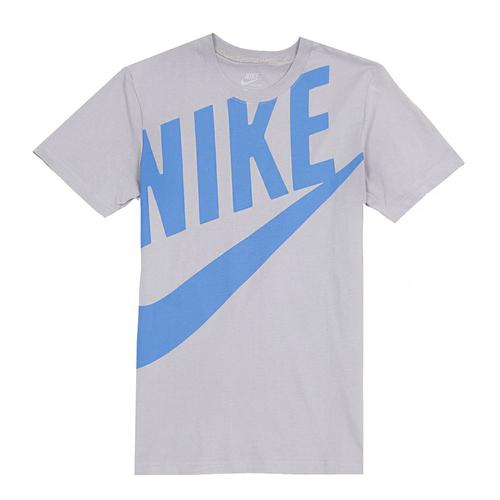When choosing fabric for custom T-shirts, we can consider the following options that comply with environmental standards:
1. Organic cotton: Organic cotton is A type of cotton grown without the use of chemical pesticides and chemical fertilizers. Organic cotton has less negative impact on the environment than conventional cotton, while also reducing health risks to growers. Choosing T-shirts made of organic cotton not only contributes to environmental protection, but also ensures the health and comfort of the wearer.
2. Recyclable fiber: Choose T-shirts made of recycled fiber, such as recycled polyester fiber (RPET) or regenerated cellulose fiber, etc. Can reduce the consumption of natural resources. These fibers are often made from materials such as recycled plastic bottles, old clothing or waste paper, making them very environmentally sustainable.
3. Natural fibers: Natural fibers such as flax, hemp, bamboo fiber, etc. can be used as fabric choices for T-shirts. These fibers are derived from plants and do not require excessive chemical herbs and fertilizers during their growth. Natural fibers generally have good breathability and antibacterial properties, making them ideal for summer wear.
In addition, you can choose fabrics with environmental certifications, such as GOTS (Global Organic Textile Standard), Oeko-Tex 100, etc. These certifications ensure that the manufacturing process of fabrics meets a series of environmental and human health standards.
In addition to the selection of fabrics, you should also pay attention to whether the production process of T-shirts is environmentally friendly. Choose manufacturers that use production processes that have low carbon emissions, save water, and reduce the use of chemicals to customize to reduce negative impact on the environment.
In short, when purchasing fabrics that meet environmental standards, we can consider options such as organic cotton, recycled fibers and natural fibers, and pay attention to the environmental protection of the fabrics certification status, and also pay attention to whether the production process of T-shirts meets environmental protection requirements. This can contribute to environmental protection and ensure the health and comfort of the wearer.







